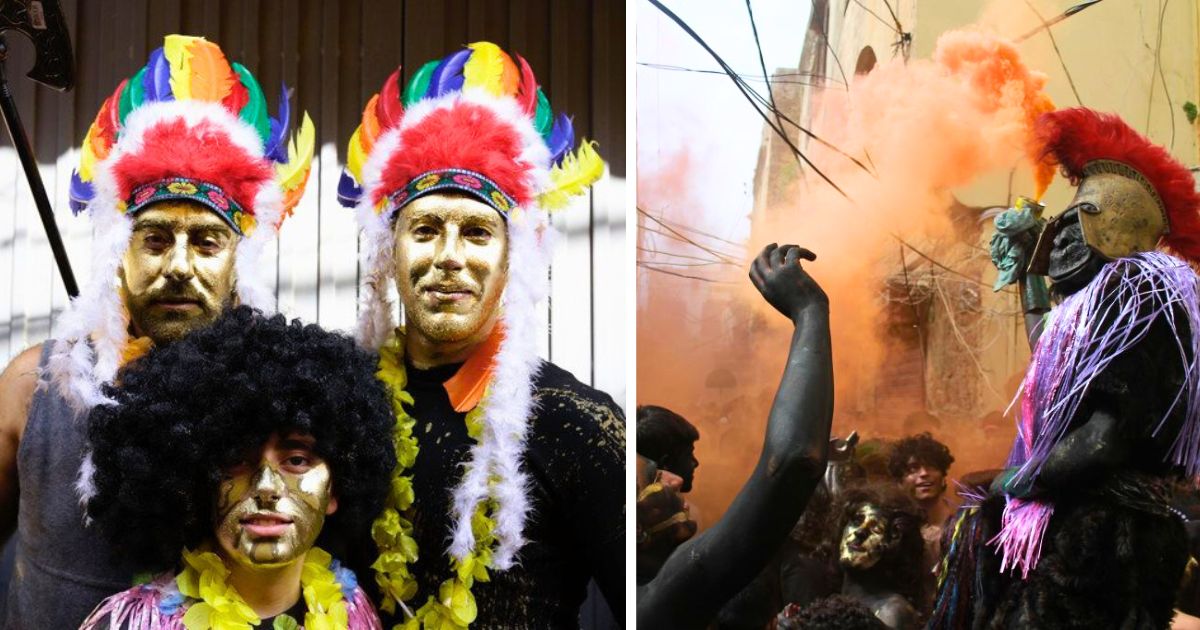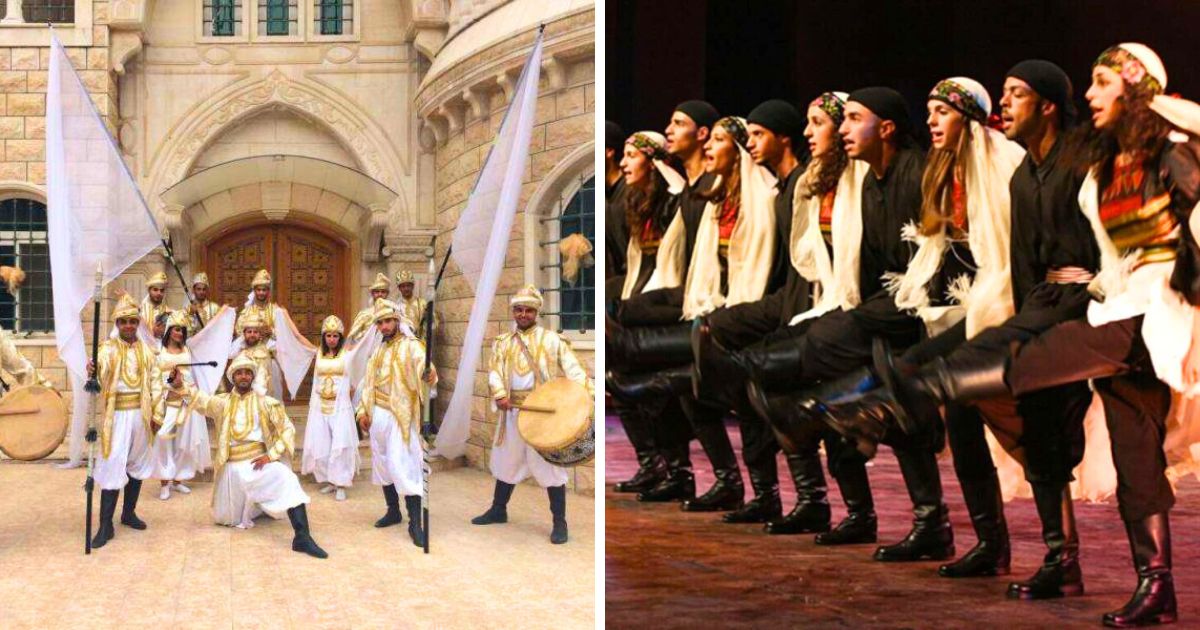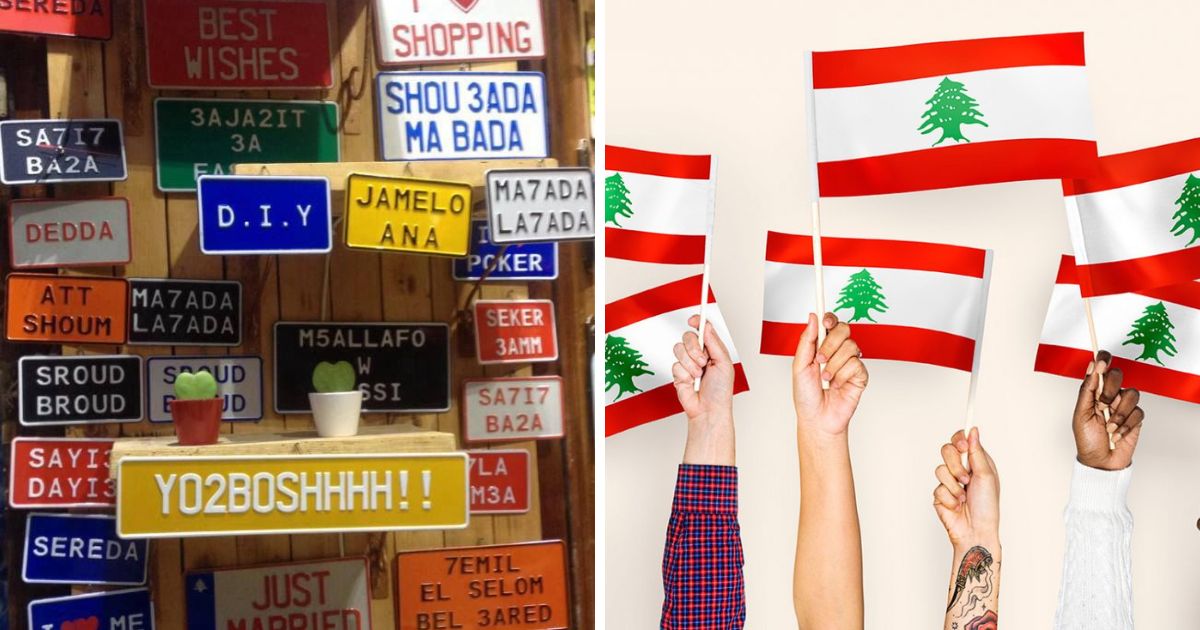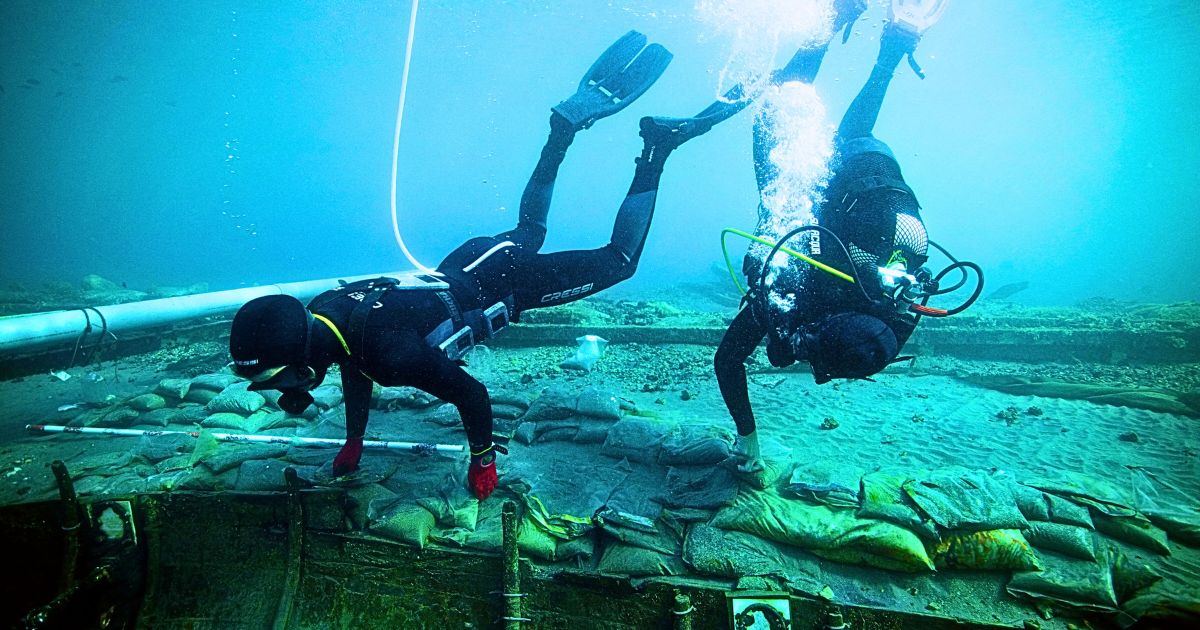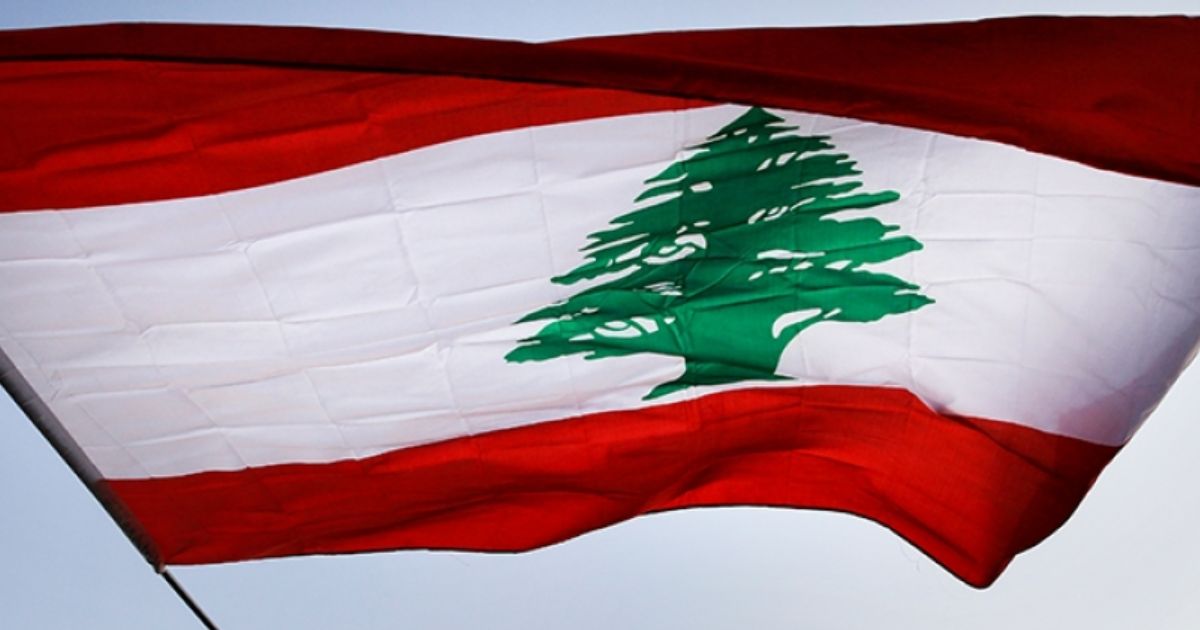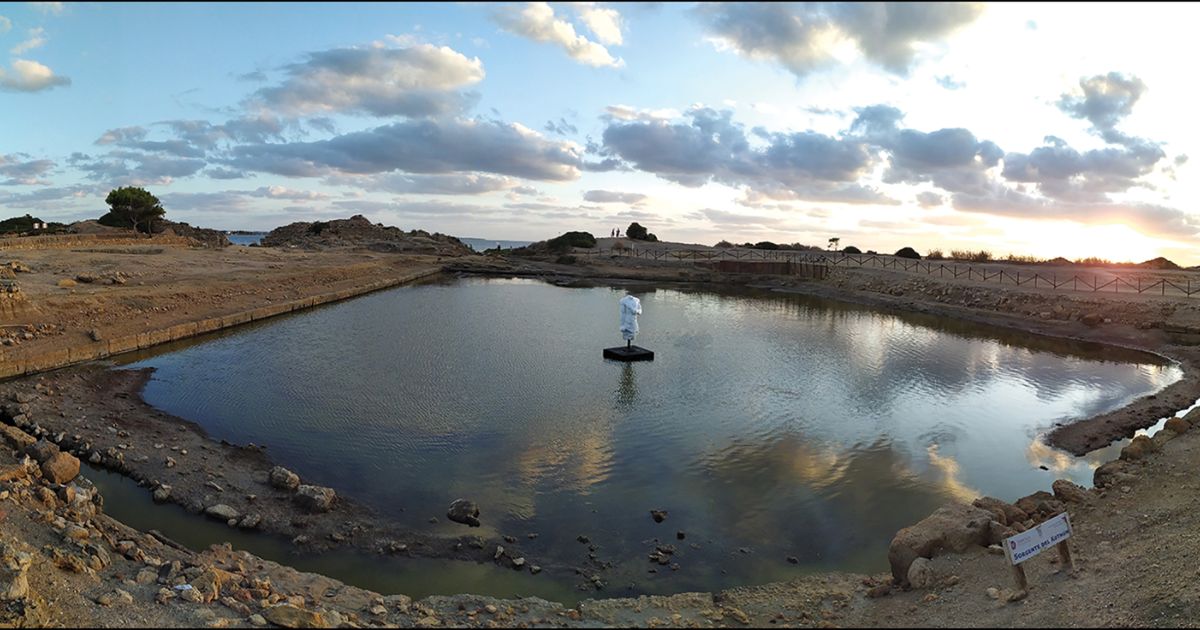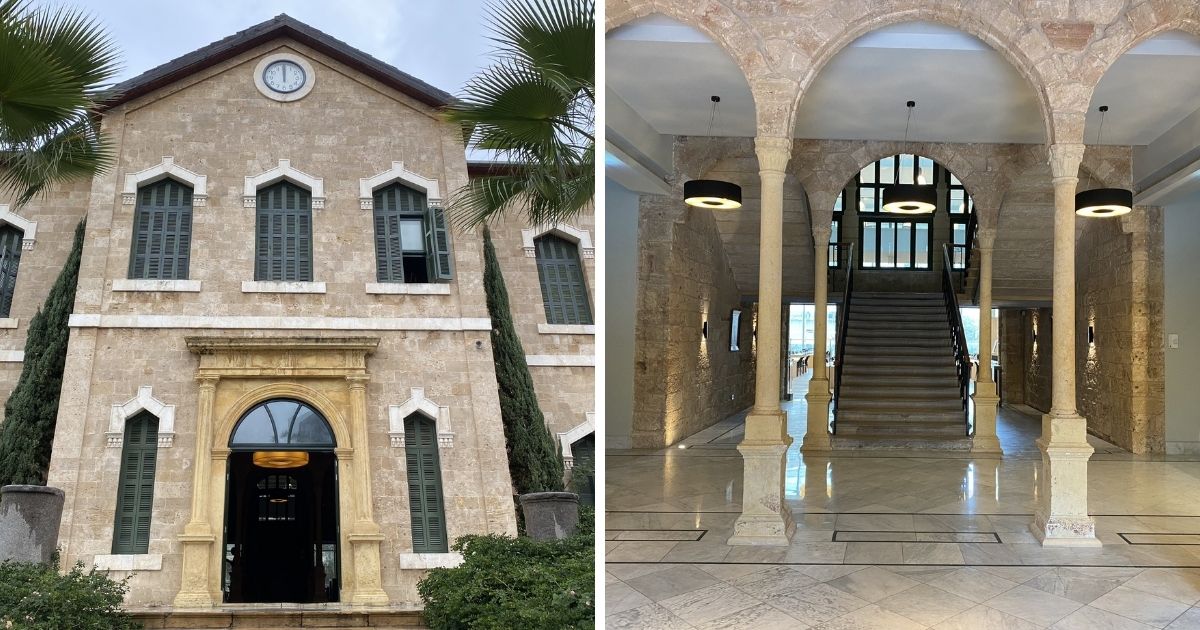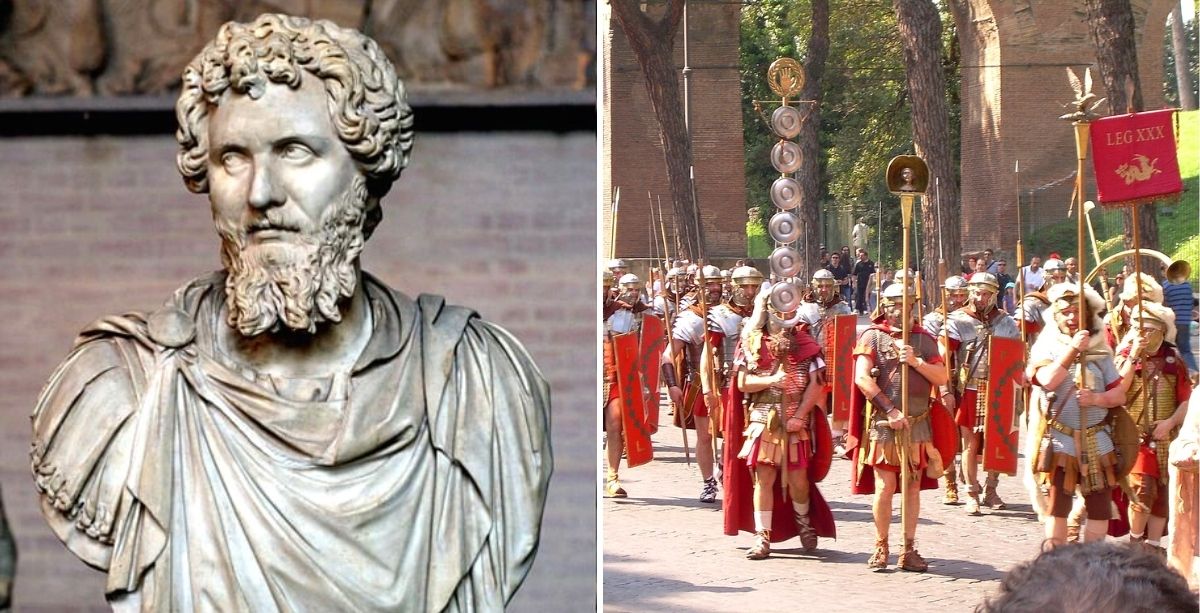On Tuesday, September 1st, 100 years will have passed since the declaration of the State of Greater Lebanon, considered the “predecessor of modern Lebanon.”
After the end of World War I, Lebanon, which had been under total Ottoman rule for hundreds of years, was seen as an “orphaned” and unrecognized country that the winning side of the war decided to “adopt” during the post-war Paris Peace Conference.
In the verdict of the Conference (1919-1920), France was awarded the infamous mandate over Lebanon and Syria.
It later declared Greater Lebanon and added Lebanon’s cedar to the center of its flag to create the flag of the French-mandated state of Lebanon.
It was after that declaration, too, that Lebanon got its first national anthem – some sections of which appear to sound similar to that of France, on a side note – before it settled on the current version of the anthem in 1927.
While this period was pivotal in Lebanon’s history since the country gained back much of the territory that it had lost to the Ottoman rule and began the walk toward independence, it was certainly not the time of Lebanon’s inception.
Lebanon was not born in the early 1900s when France declared Greater Lebanon, just as it was not born in 1943 when it gained its independence from France.
Although the international community only came to recognize Lebanon as an independent state “recently” in the grand scheme, the individual Lebanese identity has existed for much, much longer than that – definitely farther in history than 1920.
In fact, cities such as Berytus (Beirut), Tyre, Sidon, Byblos, Baalbek, and others, the names of which are still more-or-less the same today, have been around since before the birth of the modern calendar.
Hence, for one thing, the territories that the country regained in 1920 and thereafter were actually natural parts of Lebanon that were merely restored upon the declaration of Greater Lebanon; and certainly not “awarded” to the Lebanese by western powers.
As should be clear, despite the misconception that seems to be widely believed as true today, September 1st, 2020 only marks a very recent chapter in Lebanon’s long, rich history.
As such, to claim that Lebanon is merely a century-old nation is to deny the centuries of culture and advancement that its people boast.
Lebanon is a great story that was crafted throughout the millennia, shaped by remarkable achievements that changed civilizations and rewrote history.
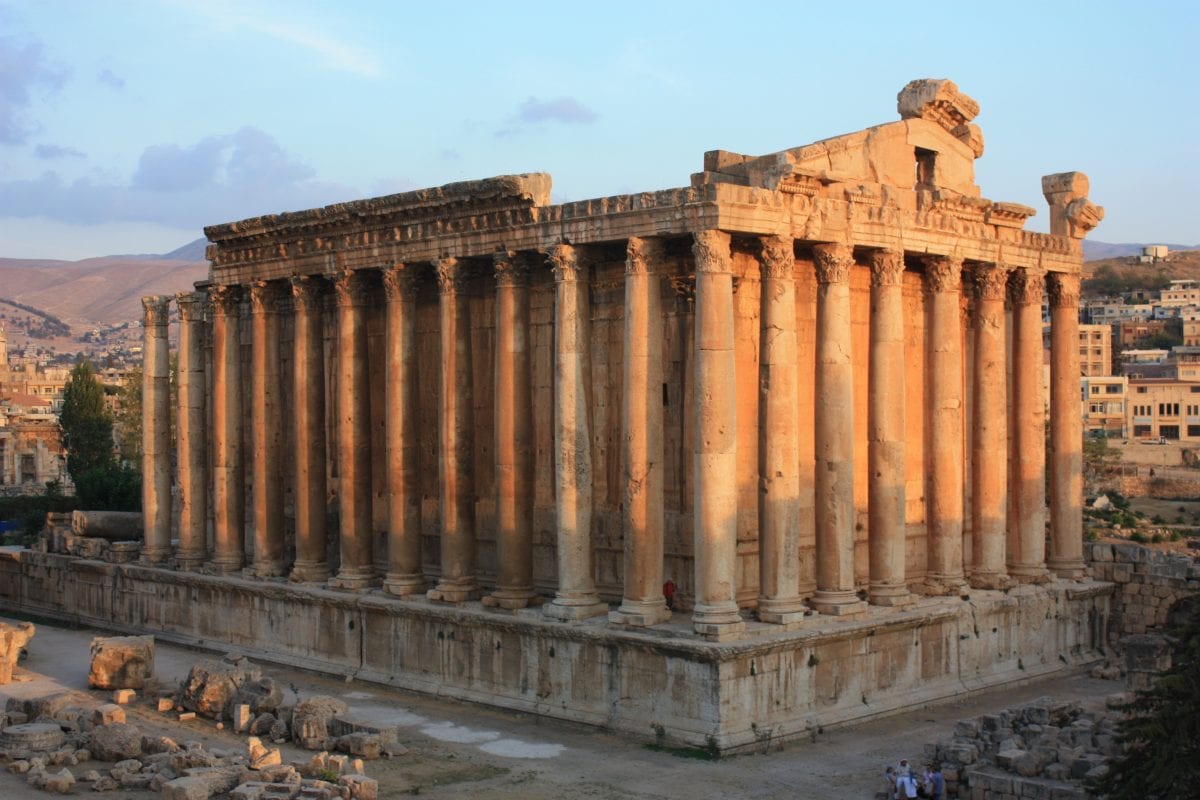
It is a celebrated center for heritage, art, history, diversity, and cultural development that produced countless brilliant minds over the centuries; minds that played a key role in preserving the essence of Lebanon, in spite of the numerous hands that successively tried and failed to dissolve that essence.
Below the Lebanese Anthem that was created in 1920 for a French-mandated state they called Greater Lebanon, and also “The Province of Lebanon” (as written in the old map below).

On September 1st of 2020, we don’t celebrate the birth of Lebanon or its alleged 100 years. It is only the ‘anniversary’ of the declaration of Greater Lebanon. The Lebanese had still a long way to go, over two decades of struggles, to finally regain their independence.
Henceforth, the circulating slogans and even media publications in regards to Lebanon “centenary” or Lebanon celebrating its 100 years are largely misleading.
The statement itself denies the nation’s thousands of years of existence and culture, and all that our forefathers and foremothers created, built, fought, and sacrificed for our nation to prevail.
History can be forgotten but cannot be erased.


